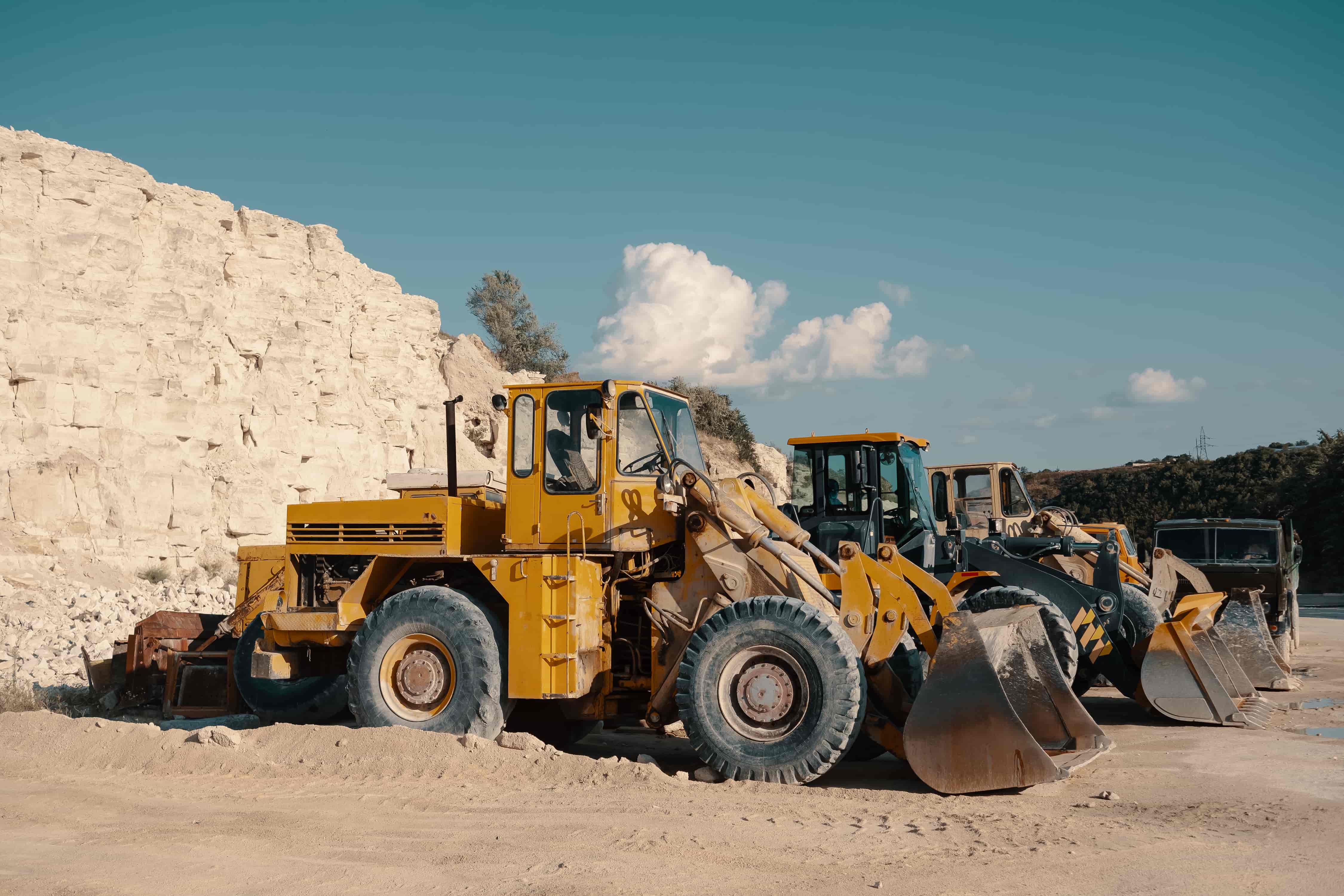
Heavy Equipment Appraisals, Done Right: Why Speed + Accuracy Beat “Cheapest” Every Time

In commercial trucking and heavy equipment claims, the appraisal is often the first step in the process and the most important. Done poorly, it sets off a chain reaction of supplements, delays, and unexpected costs. Done right, it accelerates cycle time, prevents reopeners, and creates a clear roadmap for resolution.
Many carriers and adjusters are tempted to choose appraisal vendors on price alone. But the “cheapest” option often becomes the most expensive once supplements and rework pile up. In this article, we’ll explain why speed and accuracy matter more than sticker price, and how to choose a partner that delivers both.
Why heavy equipment appraisals are different
Heavy equipment claims are not the same as auto claims. A sprinter van or passenger car appraisal can be handled by generalists. But when it comes to tractor-trailers, cranes, farm machinery, or specialty vehicles, you need specialists who understand:
-
Mechanical complexity: Damage may be hidden in engines, transmissions, or hydraulics, not visible at first glance.
-
Equipment variety: From “green vs. yellow” equipment to RVs, boats, ATVs, and even aircraft parts, the range is far broader than autos.
-
Commercial urgency: Every day the equipment is down, the operator loses income and the yard accrues storage fees.
A generic auto-centric TPA often lacks this depth, leading to slow cycle times and high supplement ratios.
The danger of “cheap and fast” appraisals
At first glance, a vendor offering rock-bottom appraisal rates looks appealing. But there are hidden costs:
-
Incomplete reports – Some vendors return only a “preliminary opinion” (e.g., “looks like a total loss”) instead of a complete, defensible appraisal. That forces the file to be reopened later.
-
High supplement ratio – Industry average supplement ratios hover around 35%. That means more than one in three files gets reopened with additional costs. Compare that to a lower supplement ratio (~14%) achieved when appraisals are thorough the first time.
-
Longer cycle times – Every supplement adds days, weeks, or even months. What looked like a cheap $300 appraisal can easily turn into thousands in added costs.
-
Frustrated adjusters and insureds – Delays create more calls, more hand-offs, and more complaints from insureds waiting for resolution.
Why speed + accuracy matter more than price
Two metrics tell the real story in heavy equipment appraisals:
-
Cycle time – How quickly can the appraisal be completed and delivered? A seven-day average (compared to an industry 10+ day average) means less storage, faster settlements, and lower total claim costs.
-
Accuracy – How often does the first appraisal stand up without supplements? A low supplement ratio keeps costs contained and gives adjusters confidence in the results.
When speed and accuracy are combined, you avoid the trap of “cheap upfront, expensive in the long run.”
What to look for in a heavy equipment appraisal partner
When evaluating a TPA or appraisal vendor, consider these key questions:
1. Do they specialize in heavy equipment?
Auto background adjusters may be “certified” to inspect trucks, but they often miss critical details. Look for a partner with true heavy equipment specialists.
2. Do they cover all 50 states?
Claims don’t stop at state borders. Nationwide coverage ensures consistent service and faster cycle times wherever the exposure occurs.
3. What’s their average cycle time?
Seven days (with full reporting) is a strong benchmark. Be wary of vendors promising “two-day turnarounds” that only deliver incomplete opinions.
4. What’s their supplement ratio?
Ask for hard numbers. A low supplement ratio signals accuracy and fewer reopeners.
5. Can they scale with volume?
It’s not enough to get one file right. A strong partner should deliver consistent performance across dozens or hundreds of files.
The domino effect of a bad appraisal
A poor appraisal doesn’t just add cost; it cascades into other areas of the claim:
-
Towing and storage bills run longer because the file isn’t resolved.
-
Cargo claims can’t move forward until equipment disposition is known.
-
Subrogation opportunities may be missed if damage isn’t documented properly.
In short: a weak appraisal infects the entire claim lifecycle.
Real-world example: supplements vs. savings
-
Vendor A (low-cost model): $300 appraisal fee, but a 35% supplement ratio. After reopeners, additional inspections, and extended storage, the true cost per file is significantly higher.
-
Vendor B (specialist model): Higher upfront appraisal fee, but a 14% supplement ratio and seven-day cycle time. Over 100 claims, the savings in avoided supplements and reduced storage easily outweighs the sticker difference.
This is why experienced carriers and brokers evaluate vendors on outcomes, not just fees.
How appraisal integrates into a turnkey claims model
The appraisal is often the first service after an accident. When paired with towing/storage negotiation and cargo coordination under one team, it creates a streamlined workflow:
-
Accident occurs → yard intake begins.
-
Appraisal ordered → completed within seven days.
-
Towing/storage negotiation starts immediately to stop the meter.
-
Cargo evaluation (transload, salvage, disposal) runs in parallel.
-
Final report delivered → cycle time shortened, costs reduced.
Instead of juggling three vendors, adjusters get one accountable partner.
Adjuster’s quick checklist for appraisals
☐ Confirm vendor specializes in heavy equipment.
☐ Ask for average cycle time (benchmark: 7 days).
☐ Ask for supplement ratio (benchmark: ~14% vs. 35% industry).
☐ Ensure full reporting (not just preliminary opinions).
☐ Integrate appraisal with towing/cargo workflows to reduce delays.
Final thoughts
In heavy equipment claims, the appraisal sets the tone for everything that follows. A cheap appraisal may look good on paper, but if it leads to supplements, delays, and frustrated insureds, it’s far from the cheapest option.
The best partners deliver speed, accuracy, and nationwide expertise, ensuring claims move quickly, costs stay down, and files close cleanly.
Need a heavy equipment appraisal today?
Veritas’ team delivers full reports in all 50 states within seven days on average, with one of the lowest supplement ratios in the industry. Reach out for a sample report or to send us your next file.

